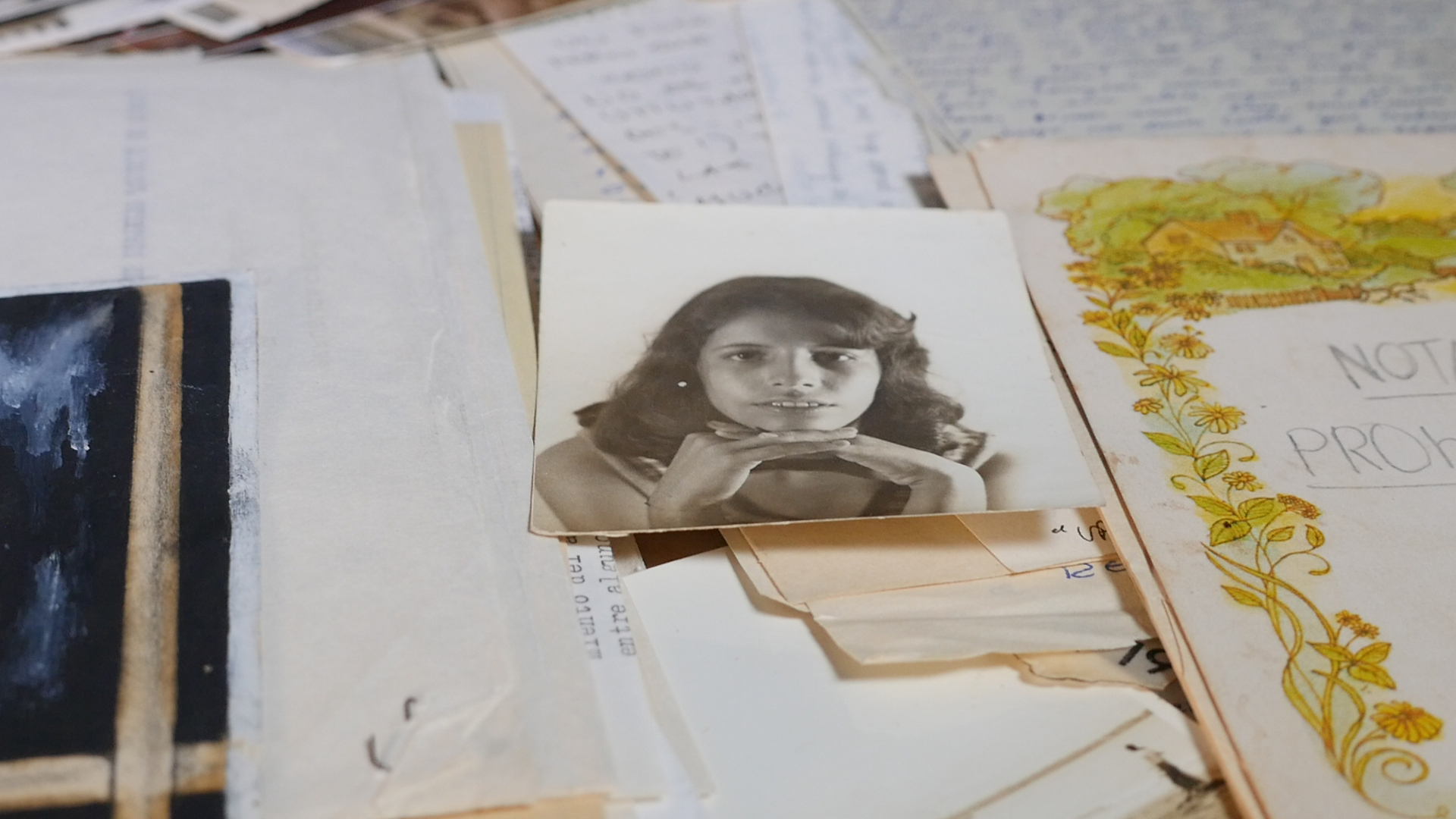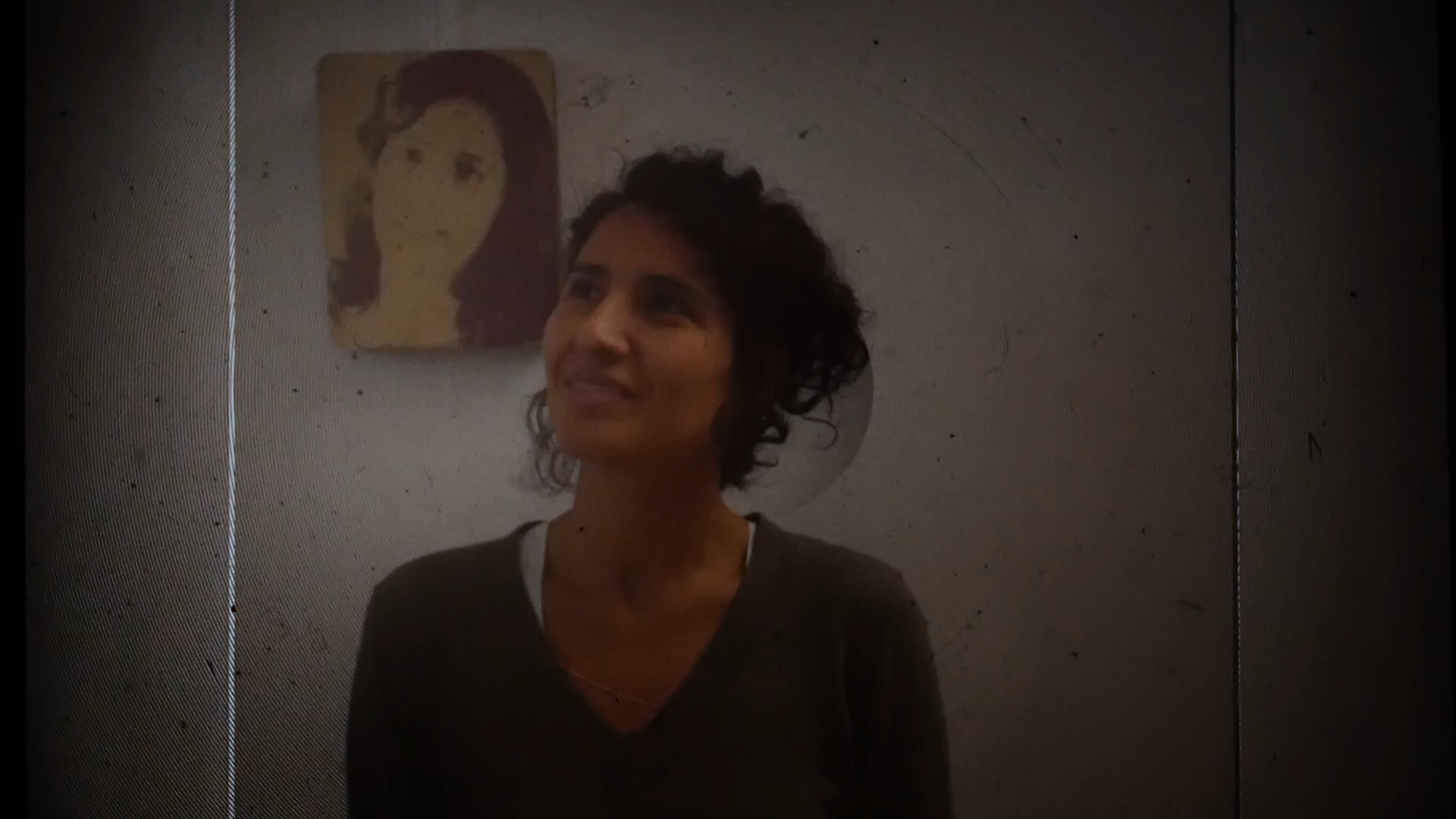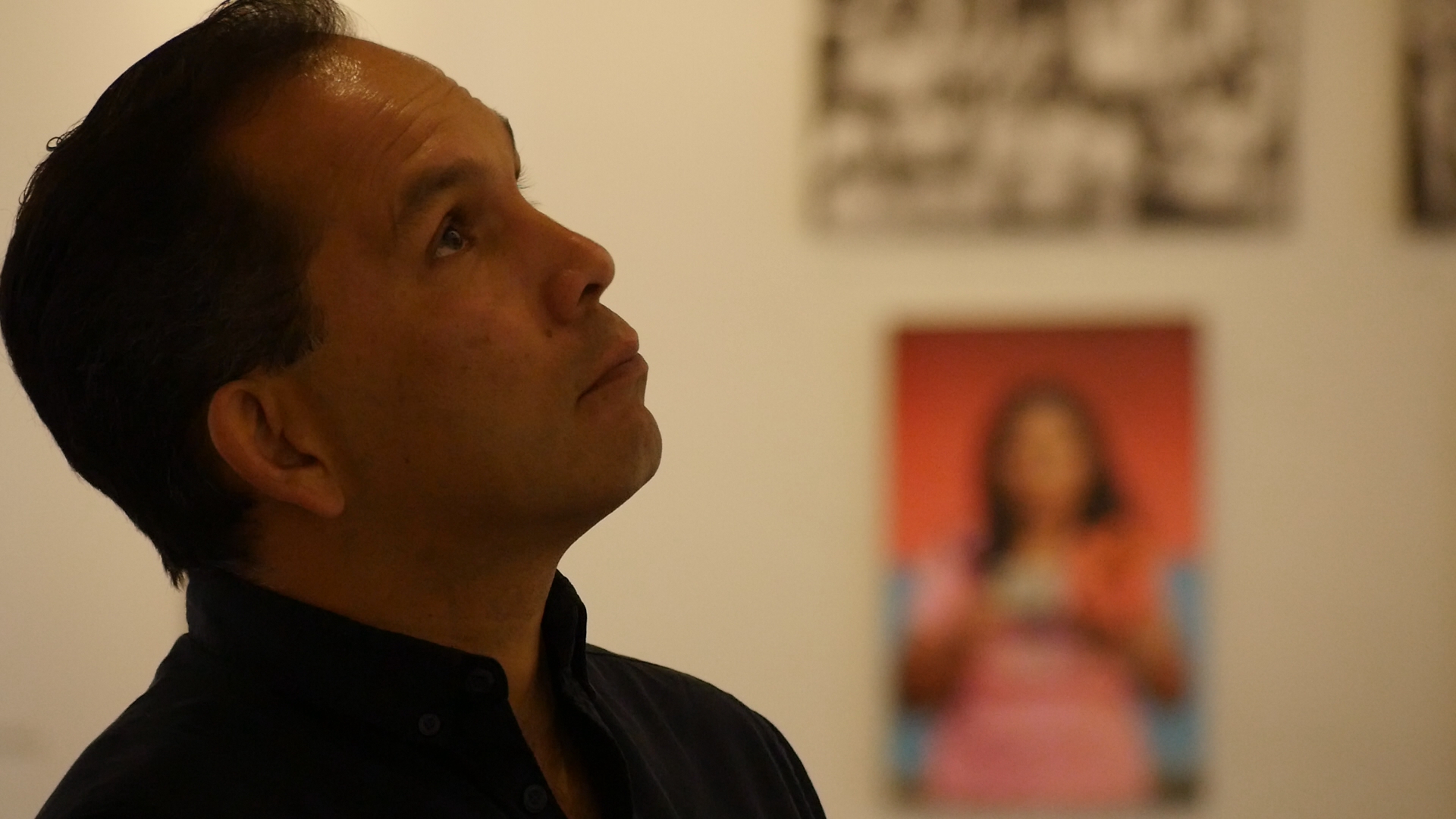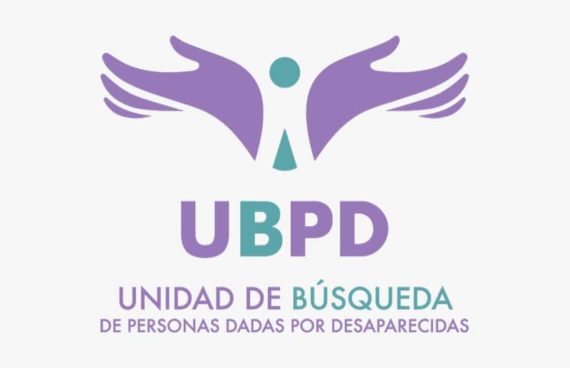
Under Silence and Earth / Sous le Silence et la Terre, Canada, 2021, 94mins
ENG
In 1981, a group of M-19 guerrillas crossing the Chocó region was ambushed, and most of them killed by the army. The bodies were never returned to their families, and the guerrillas were buried somewhere in the jungle.
One of the disappeared was Martha Gisela, my aunt. 35 years later, as Colombian society is going through a peace process, my father and I decide to look for my aunt’s remains, and to meet the people who knew her. It is through their stories that I will know the woman whose name I bear and her political commitment, and break the silence around her death.
FR
En 1981, un groupe de guérilleros du M-19 traversant la région du Chocó tombe dans une embuscade de l’armée. Les morts sont enterrés dans une fosse commune, et le lieu de leur sépulture est gardé secret.
Une des disparues était Martha Gisela, ma tante. 35 ans plus tard, alors que la société colombienne traverse un processus de paix nous décidons, avec mon père de partir à la recherche du corps de ma tante ainsi qu’à la rencontre des personnes qui l’ont connue. À travers leurs récits, je vais connaître cette femme dont je porte le nom, son engagement politique, et briser le silence autour de sa mort.
ESP
En el año 1981, un grupo de guerrilleros del M-19 que estaba atravesando la región del Chocó, fue emboscado por el ejército. Los guerrilleros muertos en combate fueron desaparecidos, enterrados en una fosa común en la selva. Dentro de los desaparecidos estaba Martha Gisela, mi tía. 35 años después, mientras la sociedad colombiana vive un proceso de paz, decidimos mi padre y yo, emprender la búsqueda de los restos de mi tía, y también de la gente que la conoció. A través de los relatos, voy a conocer a esa mujer de quien llevo el nombre, su compromiso político y romper el silencio sobre su muerte.
Director's note / Note de la réalisatrice / Nota de la directora
ENG
My interest in history and memory goes back to the time when I was listening to my parents and their friends talking about their life in Colombia, their story shaped by the revolution. I became an observer of their resilience to being exiled while also becoming more sensitive their personal stories. Through this documentary, my objective is to engage people with the complex story of Colombia’s armed conflict and its protagonists. I would like to tell one of the thousands of Colombian family stories, looking for their relatives. They have fought for decades to know what happened with their loved ones. I also would like to show and honour the fight of the Human Rights Defenders for the dignity of the dead and the survivors. And by
personally engaging as a film director, I want to illustrate the questions of one generation, the children of guerrillas: “What is our heritage?”
ESP
Mi interés en la historia y la memoria colectiva comenzó cuando, de niña, escuchaba a mis padres y sus amigos hablar de sus vidas en Colombia, sus vivencias enmarcadas en la militancia política. Me volví una observadora de la resiliencia frente al exilio, mientras me acercaba más a esas historias de vida. A través de este documental, quiero contar una de las miles de historias de familiares que búscan a sus seres queridos. Han luchado por décadas para saber que paso con sus familiares que fueron desaparecidos. Además quisiera rendir homenaje a los defensores de derechos humanos que acompañan los buscadores, en su lucha por la memoria y la dignidad de los muertos y los sobrevivientes. Finalmente, quiero ilustrar la pregunta de una generación, los hijos de militantes, ex integrantes de la insurgencia: ‘’Cuál es nuestro legado?’’

Watch the movie
Voir le film / Ver películaFORCED DISAPPEARANCE IN COLOMBIA

According to different institutions, between 80 000 and 200 000 people have been disappeared in Colombia. Behind each person there is a family waiting for them, waiting to know what happened and where is each one of them. In 2020, the collective Desaparicionforzada.com launched a book that mapped the repeated violations throughout decades of conflict in the country.
The complex conflicts that penetrate the Colombian
reality have historical roots and colonial and
postcolonial explanations that no expert would find
strange. ‘War’ can be a scant concept to describe the
reality of the country. Other words or terms, such as
violence, territorial control, oligarchy, illicit markets,
mafia, revenge or organised crime, are nothing more
than vectors of an extremely degenerate reality in
which the ways of producing pain, fear and control
continue mutating without ever disappearing.

The search: A collective work between families, communities, human rights defendors and government
Pablo Cala from La Fundación Hasta Encontrarlos
Pablo Cala is one of the many Human Right Defendors who has dedicated his life to help families in search of their relatives. Going from town to town, from community to community, from institution to institution looking for pieces of information, his work is as much about finding the disappeared as it is to break the silence and impunity that surround them.

https://www.facebook.com/HastaEncontrarlos.DesaparecidosForzadamente.Colomb
UPBD - Unity for the Search of the Disappeared - An institutional response for the families
Born in 2018, the UBPD was created to allow the search of all the victims regardless of their role in the conflict. It created the condition for me and my father to look for my aunts remains without fear of being targeted by the militaries.
The UBPD was born from the Final Agreement signed by the Colombian State and the FARC-Ep on the 24th, in response to the demand of the relatives of the missing persons and the civil organizations that participated in the peace talks in Havana (Cuba). The (UBPD) is an entity of the Colombian State of a humanitarian and extrajudicial nature that, within the Comprehensive System for Peace, directs, coordinates and contributes to the search for people reported missing due to and in the context of the armed conflict.
https://www.facebook.com/UBPDcolombia/





